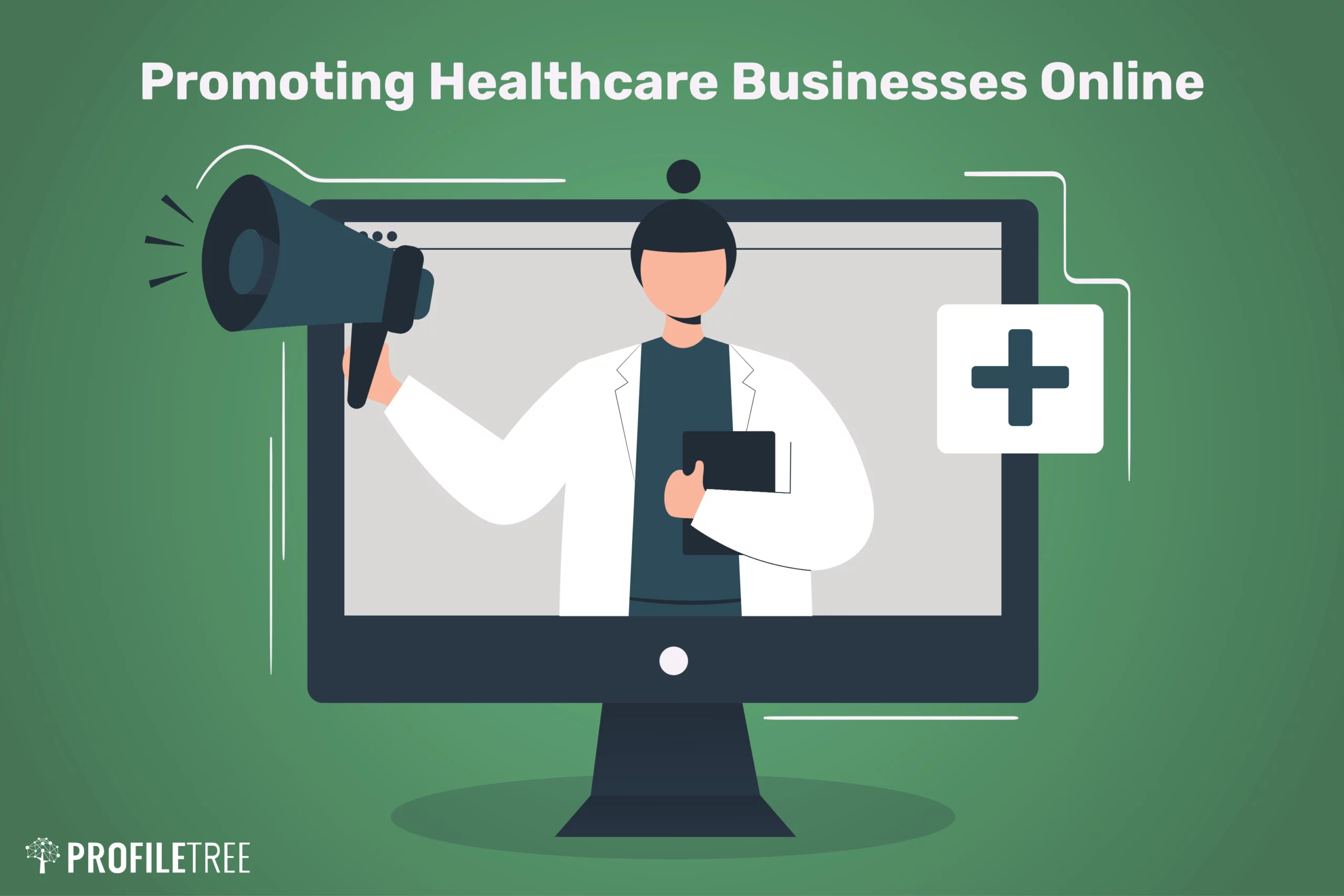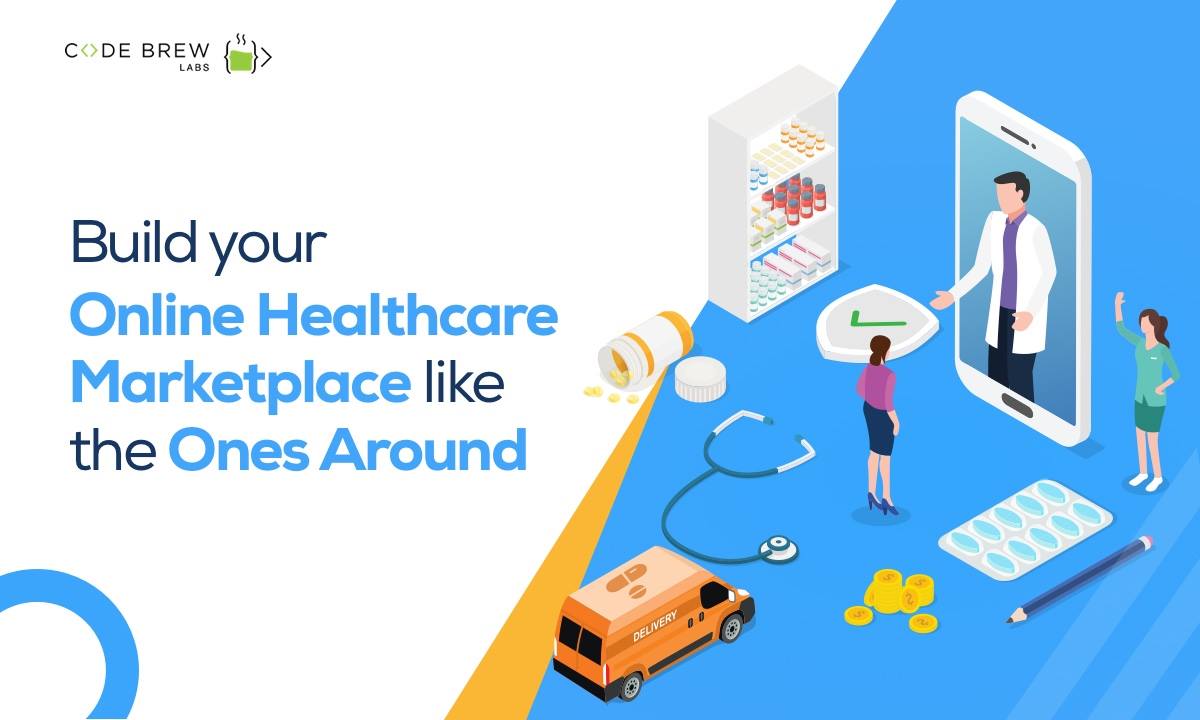The Increase of Subscription-Based Medical Care and Its Influence on Client Care
As health care progresses, the subscription-based version is acquiring traction, assuring to transform client treatment by using predictability and availability. These models, which bypass traditional insurance, might redefine the patient-doctor dynamic, emphasizing preventive and personalized treatment. As with any kind of technology, they provide difficulties, specifically worrying fair access for all socioeconomic teams. The potential for these models to reshape health care delivery raises pressing questions about their lasting sustainability and inclusivity. Are these membership solutions the future of healthcare, or do they risk leaving prone populaces behind? The details of this shift warrant a closer assessment.
Comprehending Subscription Medical Care Designs
Comprehending the concept of membership healthcare models entails analyzing a transformative strategy to clinical services that emphasizes price and ease of access. These models, frequently described as direct medical care (DPC) or concierge medication, have arised as cutting-edge alternatives to standard fee-for-service healthcare systems. Membership medical care permits people to pay a set month-to-month or annual charge for a specified set of medical solutions, which might include unlimited office gos to, regular exams, and standard lab examinations, without the requirement for standard insurance invoicing.
The structure of subscription healthcare designs is created to improve individual care by getting rid of third-party payers and complex billing codes, thus lowering management burdens. Healthcare suppliers can focus much more on patient treatment, cultivating more powerful patient-provider relationships. This version additionally advertises preventative care by urging routine visits, as the monetary obstacle of per-visit fees is removed.
The subscription model frequently equips health care suppliers to handle smaller individual panels, enabling for more individualized care. It straightens economic incentives with person health outcomes, as service providers are motivated to maintain individual satisfaction and health. In general, understanding registration medical care designs requires identifying their prospective to improve exactly how care is provided and accessed.
Benefits for People and Carriers

For carriers, subscription-based versions offer the opportunity to deepen patient-provider connections. With a stable profits stream, health care experts can devote more time per patient, resulting in a much more individualized and detailed treatment experience. This design likewise decreases reliance over client volumes, alleviating burnout and enhancing work fulfillment. Furthermore, the emphasis on preventive treatment within membership plans can cause better person end results and decreased long-lasting healthcare costs. By focusing on continual care, providers can resolve issues before they intensify, ultimately profiting the healthcare system all at once by reducing the problem on emergency situation and intense treatment solutions.
Concerns and challenges
While subscription-based health care designs present various benefits, they likewise come with a set of obstacles and worries that have to be resolved. This raises honest concerns regarding equitable access to health care services.
Financial sustainability of subscription-based models is one more issue. Carriers must balance the set revenue from subscriptions with the variable costs of healthcare services, which may rise and fall as a result of unexpected clinical needs. This can create stress to limit services or rise fees, possibly influencing client complete satisfaction and care top quality.
Additionally, regulatory oversight of subscription-based healthcare models is still advancing. Resolving these difficulties is essential for the effective and equitable execution of subscription-based medical care.
Impact on Patient-Doctor Relationships
One substantial influence of subscription-based healthcare models on patient-doctor relationships is the capacity for enhanced continuity and customized treatment. By adopting a subscription design, physicians can manage a smaller individual panel, permitting more specialized time with each individual. This increased schedule promotes a deeper understanding of a client's case history, lifestyle, and preferences, making it possible for more customized therapy strategies and treatments.

However, it is very important to recognize that while subscription-based versions may profit those who can manage them, they could accidentally widen medical care differences. Clients that are unable to take part in these versions might experience decreased accessibility to individualized care, potentially impacting their partnerships with doctor. Therefore, while the registration design provides appealing advantages for patient-doctor connections, it likewise poses difficulties that need to be addressed to make certain fair medical care gain access to.
Future of Medical Care Accessibility

The duty of technology can not be ignored in this improvement. Telemedicine systems and electronic wellness documents help with seamless communication between people and health care companies, damaging down logistical and geographical barriers. Furthermore, developments in artificial knowledge and data analytics can even more individualize medical care by predicting person demands and enhancing therapy plans.
Nonetheless, the future of medical care accessibility likewise presents challenges, such as making certain equity throughout various socio-economic teams. Policymakers and health care providers need to team up to connect the electronic divide, making sure that subscription-based versions remain inclusive and economical. As these systems mature, they hold the assurance of making healthcare extra accessible, effective, and patient-centric.
Final Thought
Subscription-based healthcare versions are reshaping client treatment by giving a steady expense structure and enhancing accessibility. These designs enhance patient-provider relationships through individualized treatment and normal check outs, emphasizing preventative health. In spite of these description advantages, obstacles such as access problems for low-income populations and the requirement for fair medical care services continue. The rise of subscription-based healthcare urges proactive go to these guys person involvement, which has the potential to improve patient results and fulfillment, indicating a transformative shift in medical care delivery.
As health care advances, the subscription-based model is acquiring grip, assuring to change client care by offering predictability and accessibility.Subscription-based healthcare models provide unique benefits for both providers and clients, enhancing the overall healthcare experience.As health care systems develop, the future of healthcare access frequently hinges on the assimilation of innovative versions and innovations.Subscription-based medical care designs are reshaping individual treatment by giving a stable price structure and improving ease of access. The increase of subscription-based health care urges positive individual involvement, which has the prospective to enhance patient outcomes and satisfaction, indicating a transformative change in healthcare distribution.